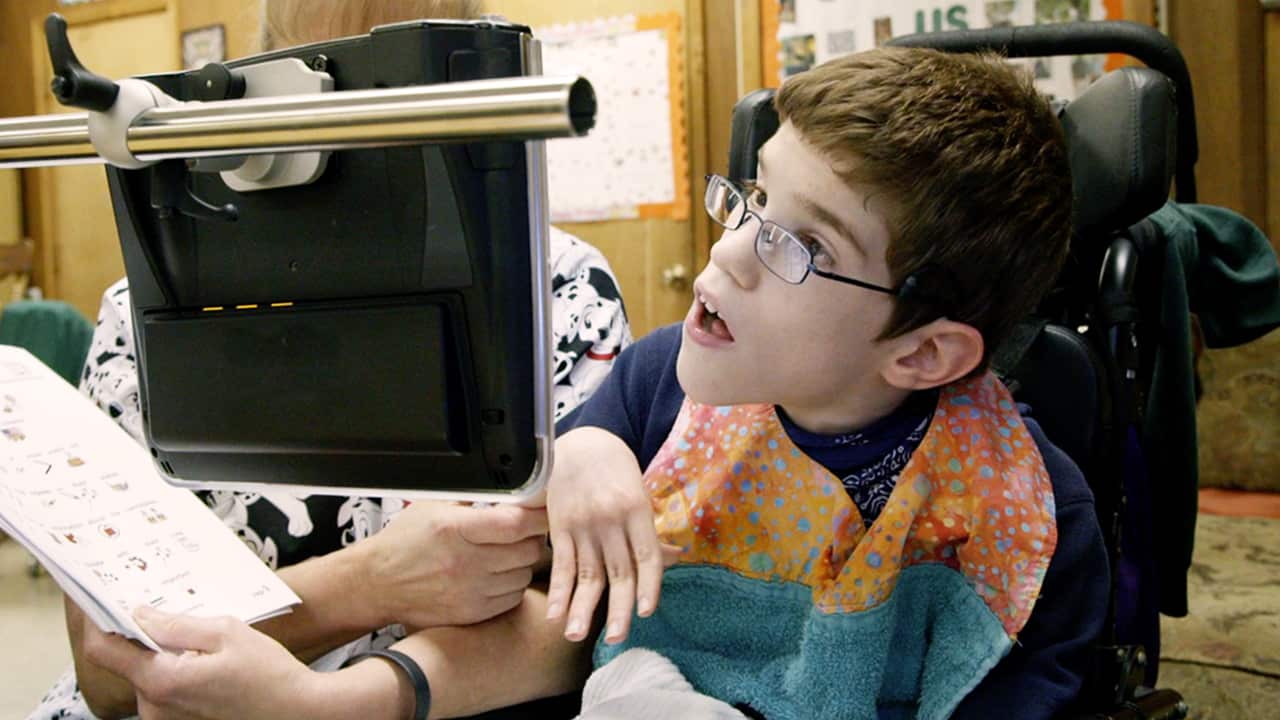Characteristics of a Growth Mindset
Students’ conceptions of their ability to learn new skills and succeed in school can affect the outcome of their learning experience. Per researcher Carol Dweck, when students have a growth mindset they know that they are capable of growth, even when learning difficult content. They know that if they struggle with math, for example, through their own effort and with the support of adults who believe in them they can still achieve the learning expectations.
Consequences of a Fixed Mindset
However, despite the evidence that all kids can learn, students who have been continuously told they are incapable of doing certain tasks or they’ll never be able to master certain content may develop expectations of failure that prevent them from accomplishing otherwise-attainable goals. They will assume a fixed mindset (the belief that either they are good at something or they aren’t) rather than an empowering growth mindset.
How Can Teachers Promote a Growth Mindset?
Teachers can help students develop a growth mindset by encouraging them when they struggle and by providing scaffolded supports. A growth mindset is especially important in special education because that label may bring lower expectations that could unfairly and incorrectly communicate that the students have fixed capabilities.
It is crucial that teachers work with students to build an understanding that intelligence isn’t fixed, but it is something that they can continue to improve if they put in the time and effort. The environment the teacher creates in the classroom can either help or hinder this growth, which consequently will affect their ability to self-advocate.
If one of our ultimate goals is for our students to live meaningful and purposeful lives after graduation, then a key tenet in educational practice needs to be helping students develop a growth mindset while also helping them learn to advocate for themselves. This way they can always obtain the support they need to continue growing throughout their lifetime.



